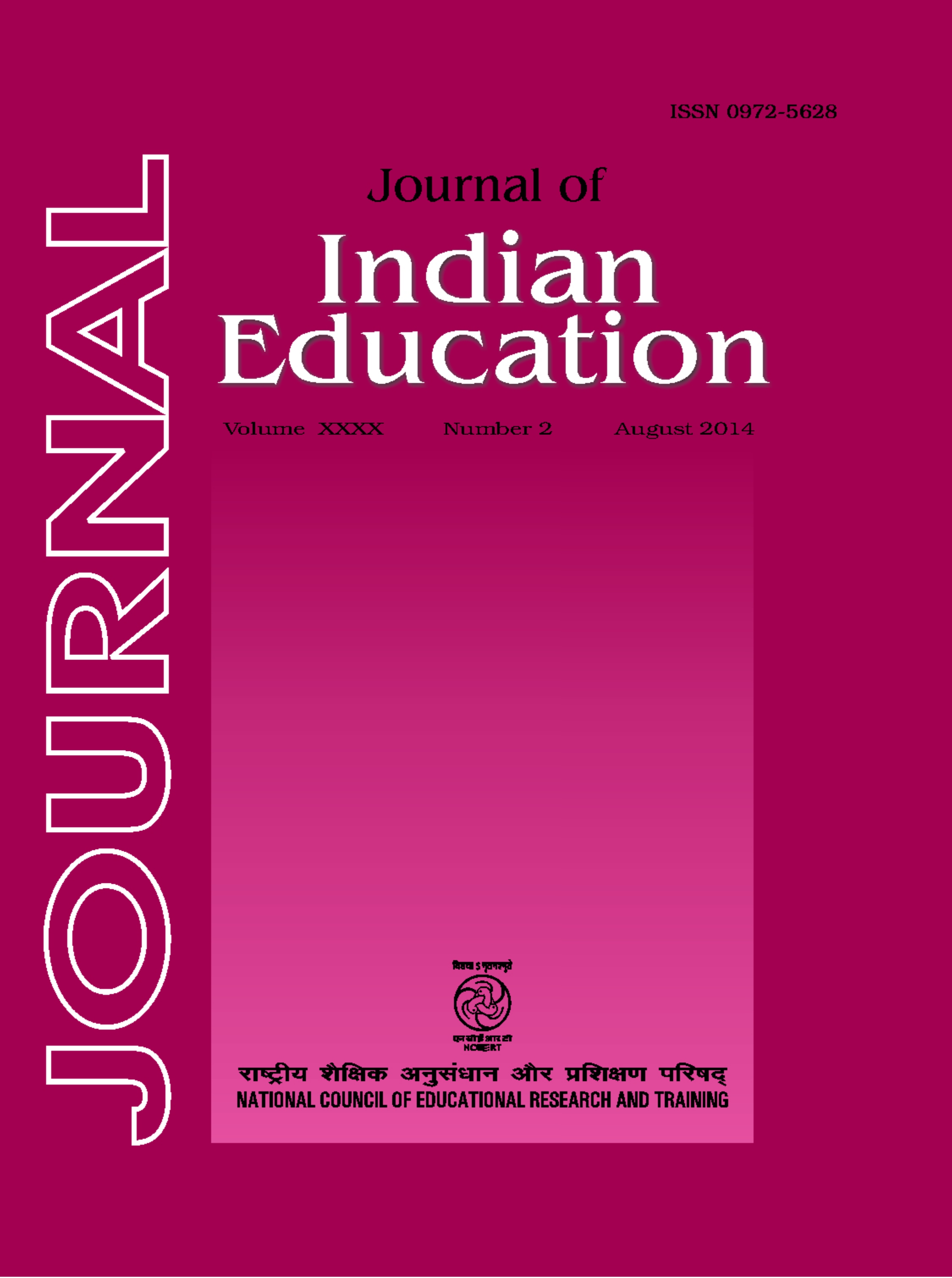Published 2024-12-09
Keywords
- Biology Education,
- Teacher Education,
- Curriculum Development
How to Cite
Abstract
Textbooks play a pivotal role in informing and educating but sometimes the content presented within a textbook is only partially correct or presents the ideology of the dominant few. This could lead to a distortion of some topics given in the textbook. Sciences bear the onus to inform about the creation and application of a particular technology, which help in enhancing the self-sufficiency of a nation whereas ethics decide the course a particular research takes by analysing its impact on society. Hence, technology sans ethics can lead toward unbridled technological growth which has been disastrous. In order to bolster the relevance and place for ethics in science and technology, the beginning has to be at the level of education. The research questions that guided the present study were, how is this technology component represented in the present science education both in its curriculum and practice, also, whether ethics or ethical principles find a place in the present science curriculum or not. In the light of the above questions, the present paper attempts to analyse the class 12 Biology textbook with respect to the inclusion of ethical issues with respect to some recent biotechnology within it along with teachers’ perceptions about the current textbook of Biology. The study analyses three science and technology issues viz., amniocentesis, in-vitro fertilisation and genetic modification of organisms. A content analysis approach has been adopted for analysing the selected text sample. The paper then elaborates upon the ethical stance taken by the author within the textbook and corroborating it with the relevant ethical theories and modes of inquiry. The findings reveal that the positive impact of the technology component of class 12 Biology textbook is what is being highlighted while neglecting the major debates associated with gender equality, human rights, food safety and other ethical concerns. The in-depth interviews with the teachers unveiled their apprehensiveness in dealing with the ethical issues. Implications are broadly drawn for textbook writers, curriculum developers, policy makers, teachers and teacher educators.

